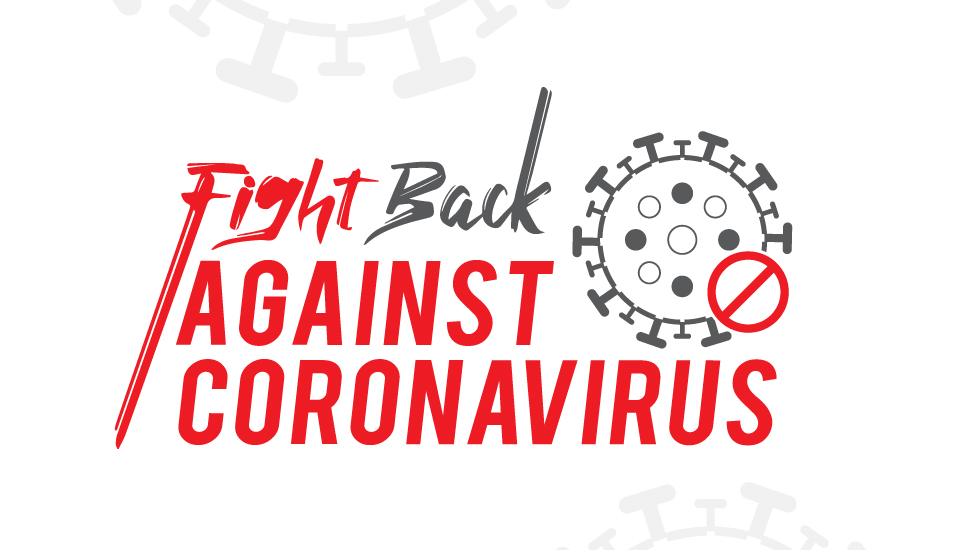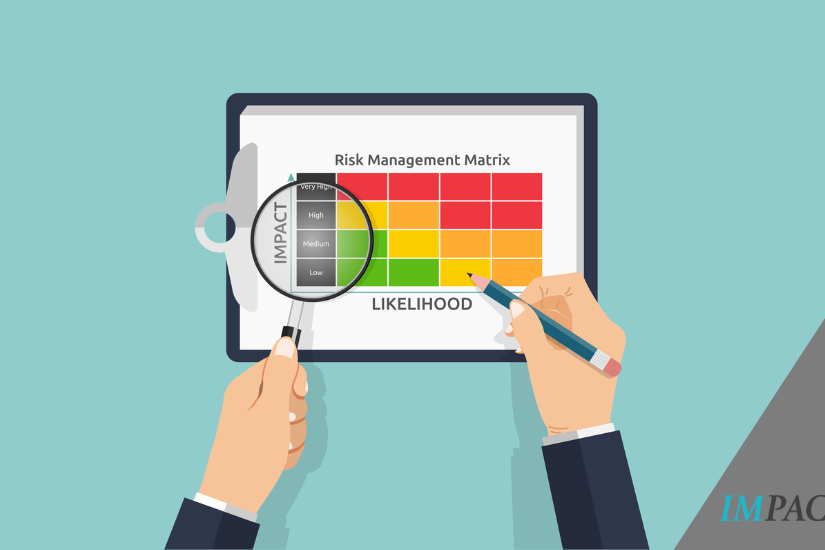Fighting Back for Public Health and the Workforce

Across the nation, Americans have rolled up their sleeves to help others in the face of the unprecedented COVID-19 public health and economic crisis.
Policymakers in state capitals and Washington have been at the forefront in delivering assistance. The U.S. Congress has passed three emergency legislative packages, and more than half the states have announced emergency operations.
Last Friday, President Trump signed into law the third response bill, delivering emergency aid especially to individuals and the health care system and those it is serving. This CARES Act also includes provisions to help blunt COVID-19’s economic impact on everyday Americans across the workforce who have lost jobs, had their hours reduced, need childcare relief, or who need to stay home because of COVID-19. It also contains measures to help small business owners, along with workers paying down student loans and the employers who are often helping them do so.
More specifically:
- Workers who need wage replacement as they recover or quarantine from COVID-19 will receive it, and paid leave coverage will not undermine benefits already covered by employers.
- Small business funding is available to pay insurance premiums for workplace coverage that businesses and their employees rely on for protection.
- Workers have immediate access to some of their retirement savings to help individuals whose income has been interrupted because of the emergency.
- Workers paying down student loans have access to billions in emergency education funding, as well as support from employers who can assist with student loan repayment without a tax implication on the benefit.
- Life insurers will have the ability to carry back losses to prior years, along with other businesses, which is important given the negative economic impact of COVID-19.
The life insurance industry advocated for these provisions to give hope and help to millions of Americans.
Meanwhile, state lawmakers have also acted to protect consumer access to vital financial protection. So far, 36 states and the District of Columbia have followed the Department of Homeland Security and specifically designated insurance services as “essential,” allowing them to stay open and serve Americans.
And state insurance commissioners, who along with their staffs continue to work in extraordinary states of emergency, have acted in at least five states to temporarily suspend certain deadlines so that companies may better serve consumers.
As America fights back against COVID-19, life insurers look ahead toward economic recovery and rebuilding. Lawmakers’ bold actions demonstrate the leadership and resolve needed to face a difficult but passable road ahead.





